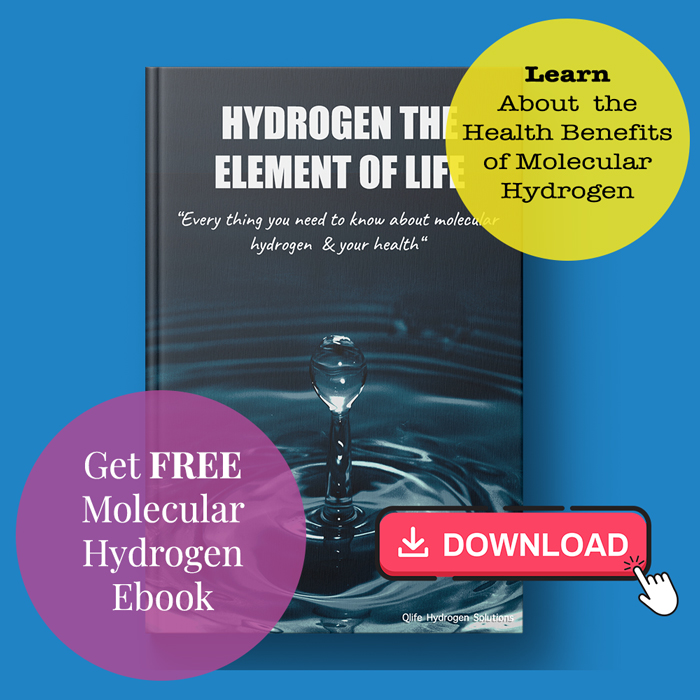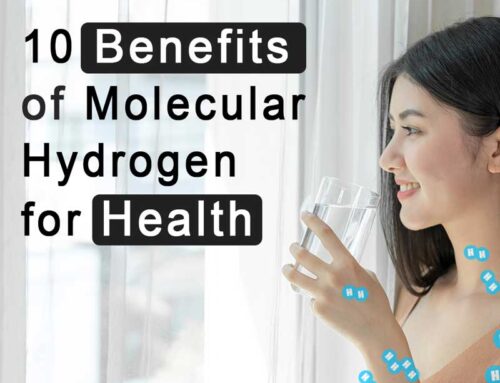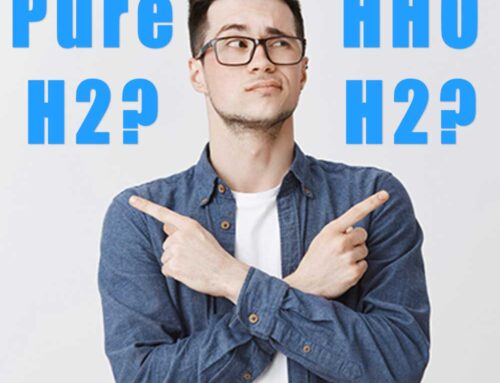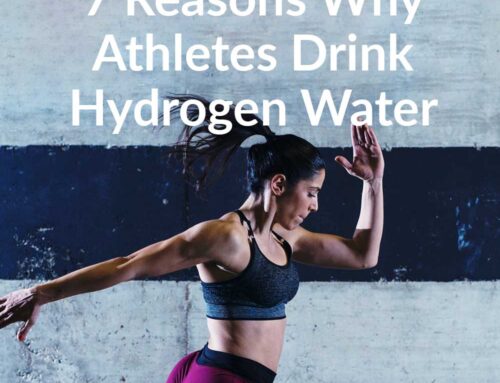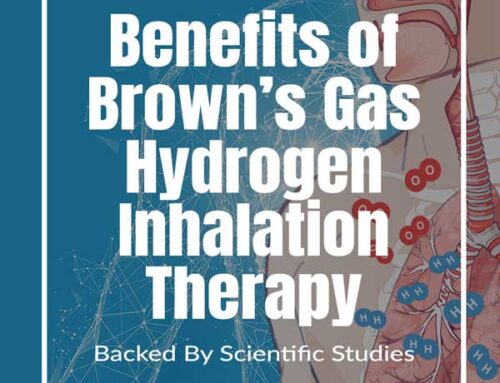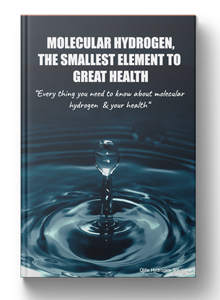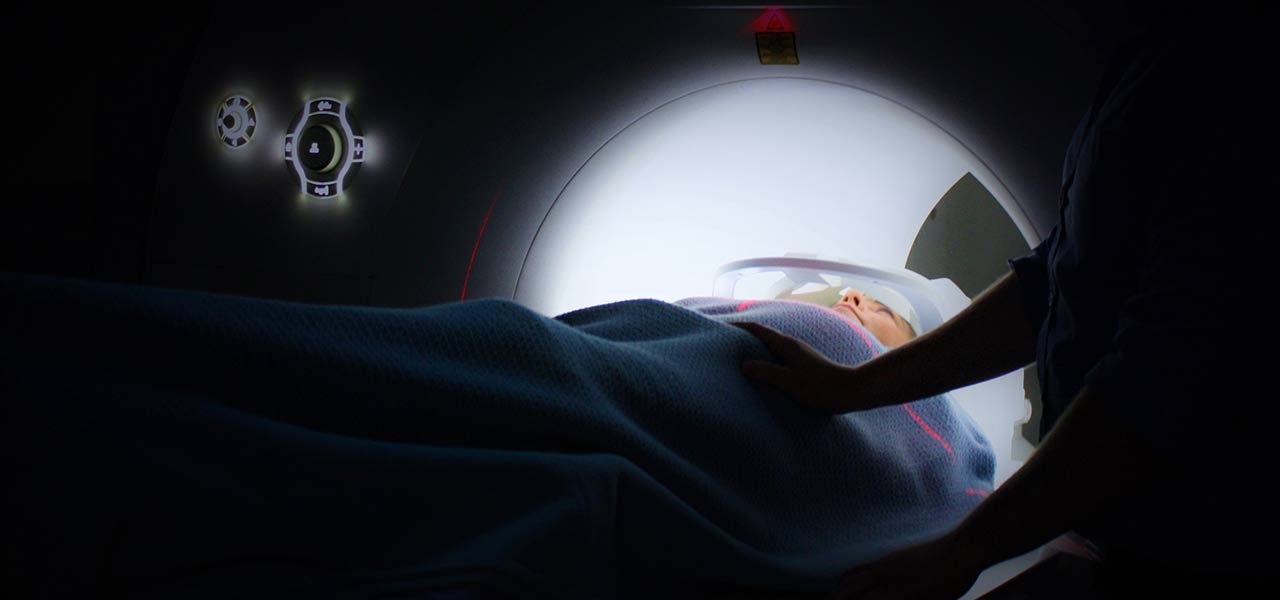
How Hydrogen Rich Water Can Improve Quality of Life for Liver Tumors Patients on Radiotherapy
For cancer patients, it’s well known that the side effects of treatment can be debilitating. Some find them almost as bad as the tumors themselves. People receiving radiotherapy often complain of immense fatigue, which hugely adversely affects their quality of life.
This might seem like a sadly inevitable side effect of vital treatment. But researchers have recently looked at one simple way of alleviating these symptoms, which so badly affect people at such a difficult time.
They explored whether hydrogen treatment could relieve the fatigue and increase the quality of life for patients suffering from malignant liver tumors and their findings are promising.
WHAT IS OXIDATIVE STRESS?
It is believed that the side effects of radiotherapy may be linked to increased oxidative stress.
As you breathe oxygen, your body produces molecules called free radicals, which can be damaging to cells. However, as part of this oxidation process, your body also produces anti-oxidants, which neutralise the free radicals.
The problem occurs when there’s an imbalance between the free radicals and the anti-oxidants. That’s when oxidative stress happens.
Oxidative stress has been linked to around 200 human diseases. These include cancer, kidney disease, Alzheimer’s disease, heart disease, and diabetes. Those links are not yet proven.
Radiotherapy is believed to increase oxidative stress and inflammation, leading to the increased fatigue and reduced quality of life experienced by patients.
WHAT IS HYDROGEN TREATMENT?
Hydrogen is known to have antioxidant properties which canneutralise free radicals and reduce oxidative stress and tissue inflammation.
Hydrogen can be administered for therapeutic purposes in the form of medical gas, but in this study researchers used hydrogen-supplement water. The water was produced by placing a metal magnesium stick into normal drinking water.
THE TRIAL
A team of researchers from Korea, Japan and the USA conducted a randomized, placebo-controlled study on 49 patients. All patients had malignant liver tumors, for which they were receiving radiotherapy. Their quality of life (QOL) was measured using a standard assessment tool. The trial lasted six weeks. Those who drank the hydrogen-rich water were found to have reduced reactive oxygen metabolites in their blood. Their blood oxidation potential was maintained. Their QOL scores were significantly better than those patients on the placebo water.
The consumption of the water did not affect how the tumors responded to radiotherapy.
CONCLUSIONS
Researchers found that by drinking the hydrogen-supplemented water, patients were able to reduce their reaction to oxidative stress caused by radiation – without adversely affecting the treatment of their tumors. The trial therefore offers a potential new way forward for the treatment of those undergoing radiotherapy, hopefully enabling cancer patients to enjoy a better quality of life.
Researchers say it is easy to administer, and does not complicate a patient’s life. They hope it could be applicable for the treatment of other radiotherapy related symptoms. And that’s much needed good news for those people affected not only by cancer, but by the debilitating side effects of cancer treatments.
Sources:
https://www.ncbi.nlm.nih.gov/pmc/articles/PMC3231938/
https://selfhacked.com/blog/oxidative-stress-101
References
